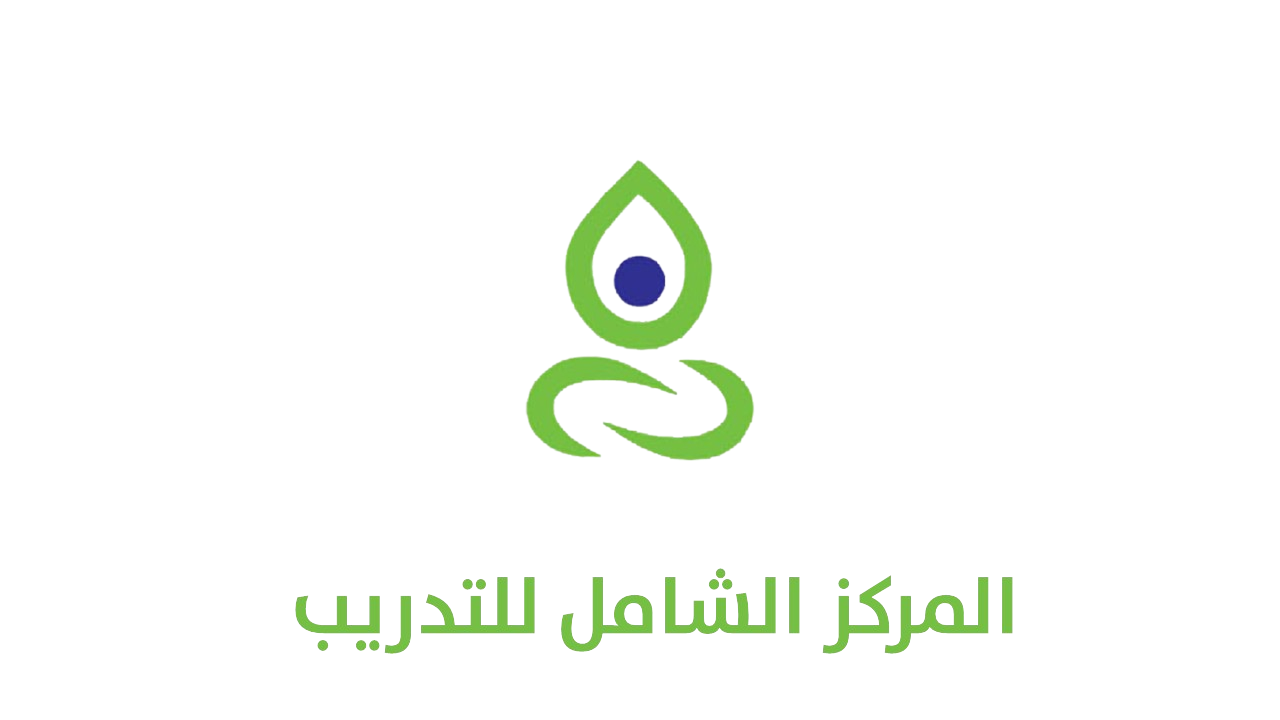
Cardiac Resuscitation Meaning
Cardiac resuscitation refers to the immediate medical intervention performed on individuals experiencing cardiac arrest, a condition where the heart abruptly stops beating. During cardiac arrest, the lack of blood flow and oxygen to vital organs can lead to irreversible brain damage or death. Cardiac resuscitation aims to restore blood circulation and oxygenation through chest compressions and rescue breaths. The prompt initiation of cardiac resuscitation can significantly increase the chances of survival until advanced medical help arrives. It is a critical skill that can be learned through first aid courses, empowering individuals to provide immediate assistance in life-threatening situations.
Cardiac resuscitation and first aid courses cover a wide range of topics, including CPR, first aid for adults, children, and infants, and how to handle common emergencies.
Cardiac resuscitation, also known as cardiopulmonary resuscitation (CPR), is a life-saving technique used to restore blood circulation and breathing in individuals experiencing cardiac arrest. First aid courses that include training in cardiac resuscitation provide individuals with the knowledge and skills necessary to respond effectively in emergency situations. This article explores the importance of cardiac resuscitation and first aid courses and provides a comprehensive understanding of cardiac resuscitation.
Cardiac arrest can occur anytime, anywhere, affecting individuals of all ages and backgrounds. Immediate initiation of cardiac resuscitation by a bystander greatly improves the chances of survival. First aid courses that include cardiac resuscitation training equip individuals with the skills necessary to intervene effectively, potentially saving lives before professional medical help arrives.
Time is of the essence during cardiac arrest, and every minute that passes without intervention reduces the chances of survival. By attending first aid courses, individuals gain the knowledge and confidence to recognize the signs of cardiac arrest promptly and respond with appropriate measures.
Educating a larger portion of the population in cardiac resuscitation enhances community resilience. With more individuals trained in first aid, the likelihood of someone being nearby who can initiate cardiac resuscitation increases, leading to improved outcomes for the victims.
First aid courses not only provide individuals with the practical skills needed for cardiac resuscitation, but they also instill confidence and preparedness to respond effectively during emergencies. This knowledge empowers individuals to take immediate action, potentially reducing panic and anxiety in critical situations.
Cardiac resuscitation typically involves two primary components: chest compressions and rescue breaths. Chest compressions help maintain blood circulation by manually pumping the heart, while rescue breaths provide oxygen to the lungs and the bloodstream. First aid courses teach participants the correct techniques and ratios for performing these life-saving maneuvers, ensuring that they can confidently and effectively administer cardiac resuscitation when needed.
In addition to CPR, first aid courses often cover the use of automated external defibrillators (AEDs). AEDs are portable devices that can analyze the heart’s rhythm and deliver an electric shock if necessary. These devices are designed to be user-friendly and can significantly increase the chances of survival when used in conjunction with CPR. First aid courses teach participants how to recognize when an AED is needed and how to operate it correctly, further enhancing their ability to respond in cardiac arrest situations.
cardiac resuscitation and first aid courses are vital in equipping individuals with the skills, knowledge, and confidence to respond effectively during cardiac arrest. By teaching individuals the core components of cardiac resuscitation, including CPR and the use of AEDs, and promoting early intervention and ongoing training, these courses empower individuals to save lives and contribute to a safer and more prepared community.
Quality Services

Human Development
Human development is essential for creating a world where everyone can live with dignity and opportunity.

Specialized courses in security and safety
Gain the skills and knowledge you need to prevent and respond to security threats.

Teacher competencies courses
Learn from the experts how to create a positive and engaging learning environment.

